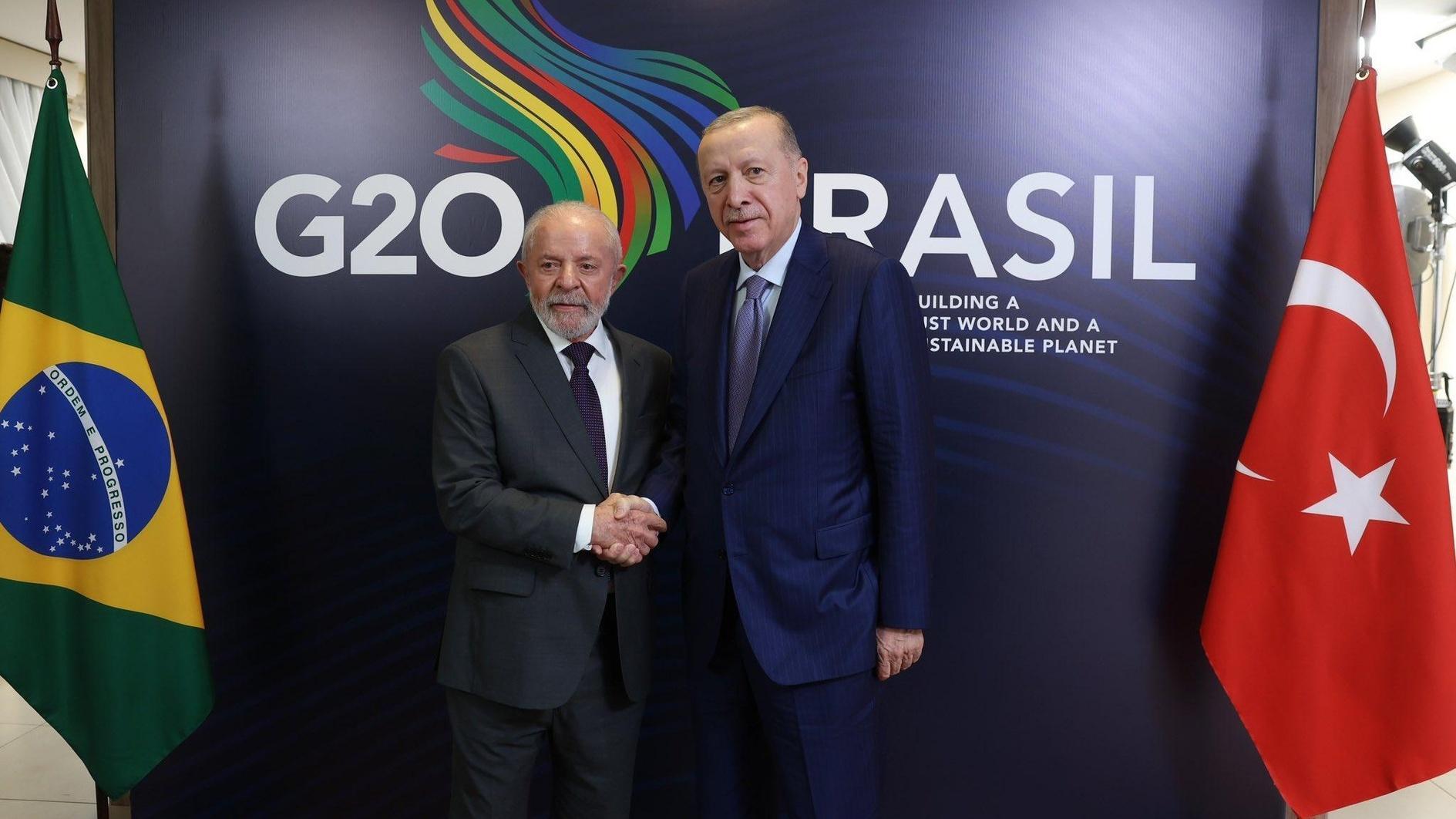US delays trade talks with EU due to shutdown
BRUSSELS/WASHINGTON - Reuters

European Union Commissioner for Trade Karel De Gucht. AFP Photo
The United States has postponed negotiations for a landmark free trade deal with the European Union because of a partial shutdown of the U.S. government, the Obama administration has said.The discussions were meant to start today, but European Trade Commissioner Karel De Gucht announced U.S. Trade Representative Michael Froman had said Washington would be unable to send its delegation.
Whole swaths of America’s federal government have been shut down since last Tuesday due to an impasse in Congress over funding for the new fiscal year.
“USTR will work with the (European) Commission to craft an alternative work plan that can begin once the U.S. government shutdown ends,” the agency said.
Washington and the EU were due to hold a second round of negotiations for the Transatlantic Trade and Investment Partnership, which would be the world’s biggest free-trade deal.
This delay is not fatal, but if the U.S. shutdown drags on and you are taking things off the table like culture and financial services, it is not a good way to start,” said Stuart Eizenstat, a former U.S. ambassador to the European Union.
“This postponement may complicate the timetable of completing the talks by the end of 2014,” Eizenstat said.
Turkey wants to be inEU and U.S. officials say the deal, known as the Transatlantic Trade and Investment Partnership, could boost economic output by some $100 billion a year on each side of the Atlantic, creating a market of 800 million people.
Agreeing a deal by the end of 2014 is the goal of both sides, because the European Commission’s term ends in November next year and the United States holds mid-term elections. Since tariffs between the EU and United States are already low, around 80 percent of the gains of any agreement will come from creating common rules for business.
The great, hoped-for benefit is that by agreeing shared regulatory standards, many costs hindering transatlantic business will be removed, making the two economies even more dynamic and speeding the wheels of trade and industry.
Meanwhile, such a deal could cause Turkey to lose $20 billion if Turkey is left out of a final agreement, an analysis by the Brookings Institute and TÜSİAD has shown.
















